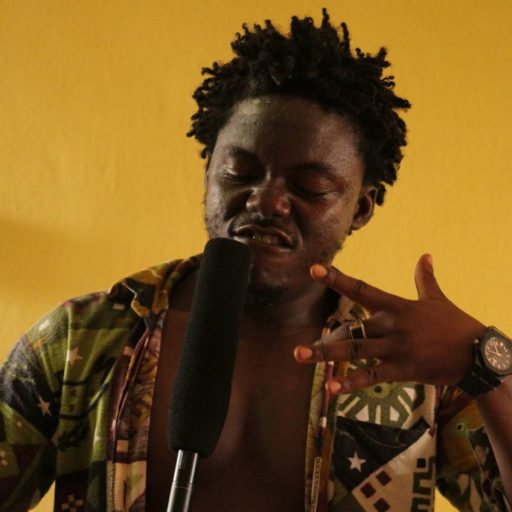Nigerian writer and literary critic, Carl Terver, has written a compelling review on Richard Ali’s The Anguish and Vigilance of Things
Below is an excerpt from the review published by Praxis Magazine Online…

“…Richard Ali’s language is a mixture of Derek Walcott, like clear water, and Wole Soyinka, with the aura of corrugated zinc roofs. We glimpse the former in lines like “Her scent is a cloned idea of New York,” and “Gay butterflies that dance without care / Smear themselves on windscreens”; and in the latter in lines like “Hunger is an arm stretched across the sea, there’s a distance / Over which words will not keep, including formulae.” In the section The Woman God, the poems depict a woman, or girl, as the deity in relationships and reveals man’s supplicant and reverent role to her. In “Flame Lines,” Richard Ali truly adores a certain woman: “This is our place, womb of our story, occult place, primeval / I’m your sole worshipper, my dhikr is yours, my madness yours.”
R.A.’s brooding on anguish begins in the section Songs of Darkness. The first poem is “Suite of Blues”; in it, he grieves over a spell of devastation, feeling helpless at an evil world he cannot right, the last lines, his testimony: “I am not here, I am not. Where I used to be / Rows and rows of dead tulips weep in the sun.” There’s more anguish in the next poem, a dirge, Watching a Girl: for a niece he lost, “Dusk came between times, left a relic”—her memory he lives with. So eight years later he still sees her seesawing on the swing he pushed her on; but there’s more “Demure than I remember . . . her scars are a wall between us.”
“Maybe Things” sends echoes, in the mood it creates, to “Since this breeze began to blow” in Ahmed Maiwada’s 2008 collection, Fossils. Both poems brood on the weight of cities on youthful life. R.A.’s 18-lines poem is vigilant over the lure of dreams promised by the city, the sacrifices to fulfil them and the futility of their pursuit. The wealth of imagery in the poem is unmatched by the other poems… —”
To continue reading, go to Praxis Magazine Online
- CALL FOR SUBMISSION: Dear Yusef: Essays, Letters, and Poems For and About One Mr. Komunyakaa - May 25, 2022
- #SubmitNow: Awaiting Revolution Poetry/Essay Anthology - May 21, 2022
- The Straight Path | Adamu Yahuza Abdullah - May 20, 2022
















Leave a Reply